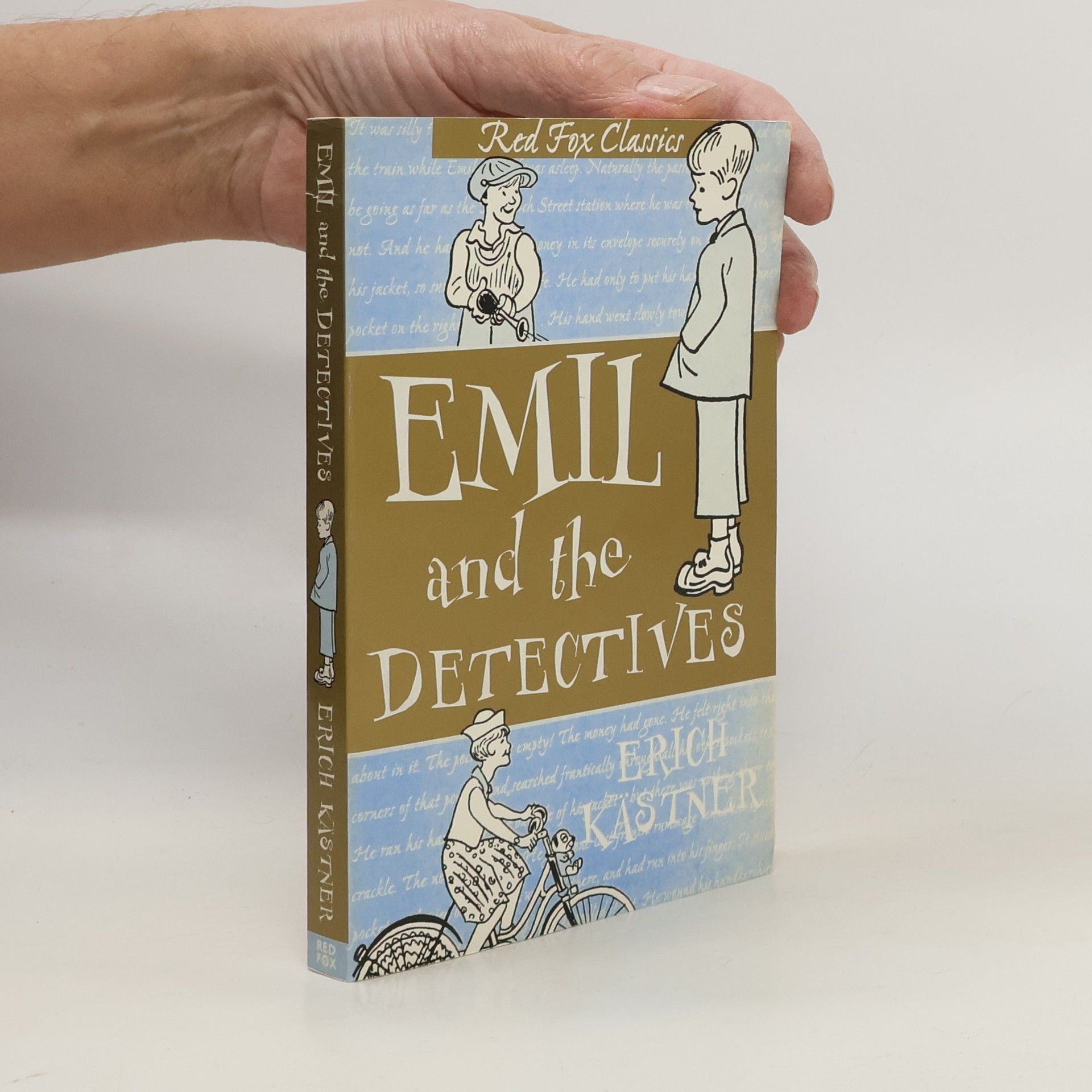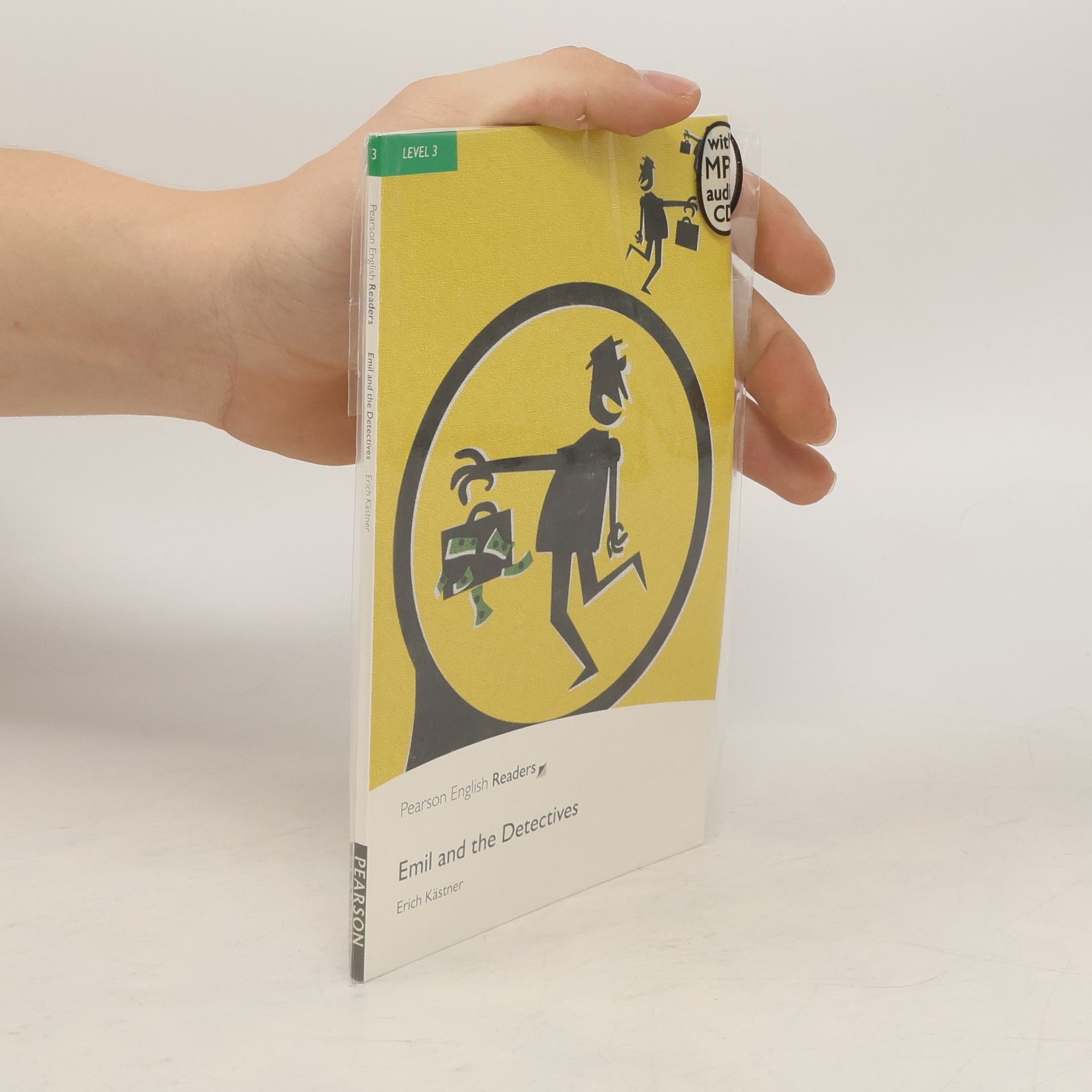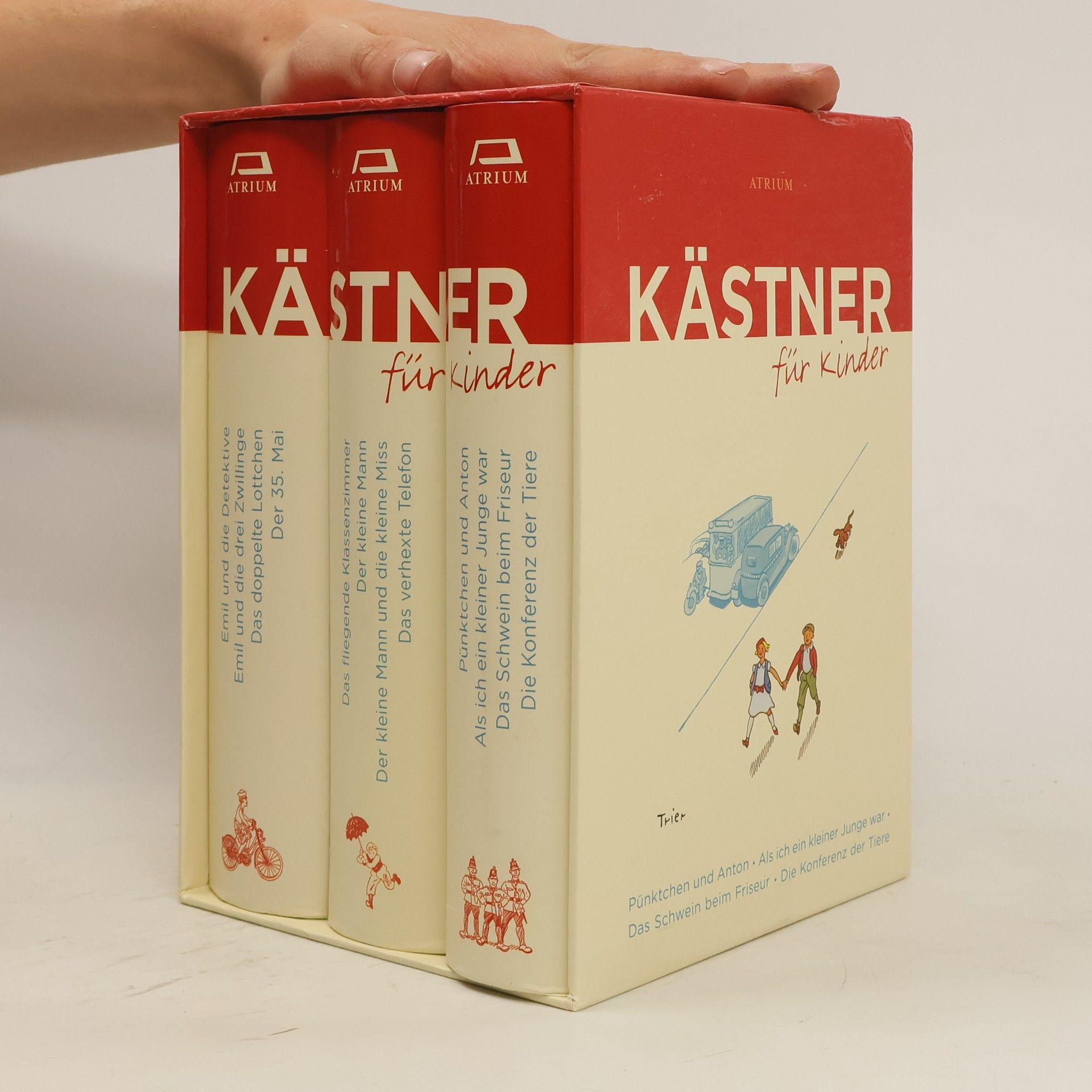Carlotta e Carlotta
- 114pagine
- 4 ore di lettura
Due sorelle gemelle che neppure si conoscono: queste sono Carlotta e Luisa, separate ancora piccolissime dal divorzio dei genitori. Ma quando si incontrano per caso, durante una vacanza estiva, le ragazzine decidono di riunire a tutti i costi la famiglia, e per riuscirsi metteranno in atto trucchi di ogni genere. Un libro delizioso che affronto con spirito un problema difficile come quello delle famiglia divise.









